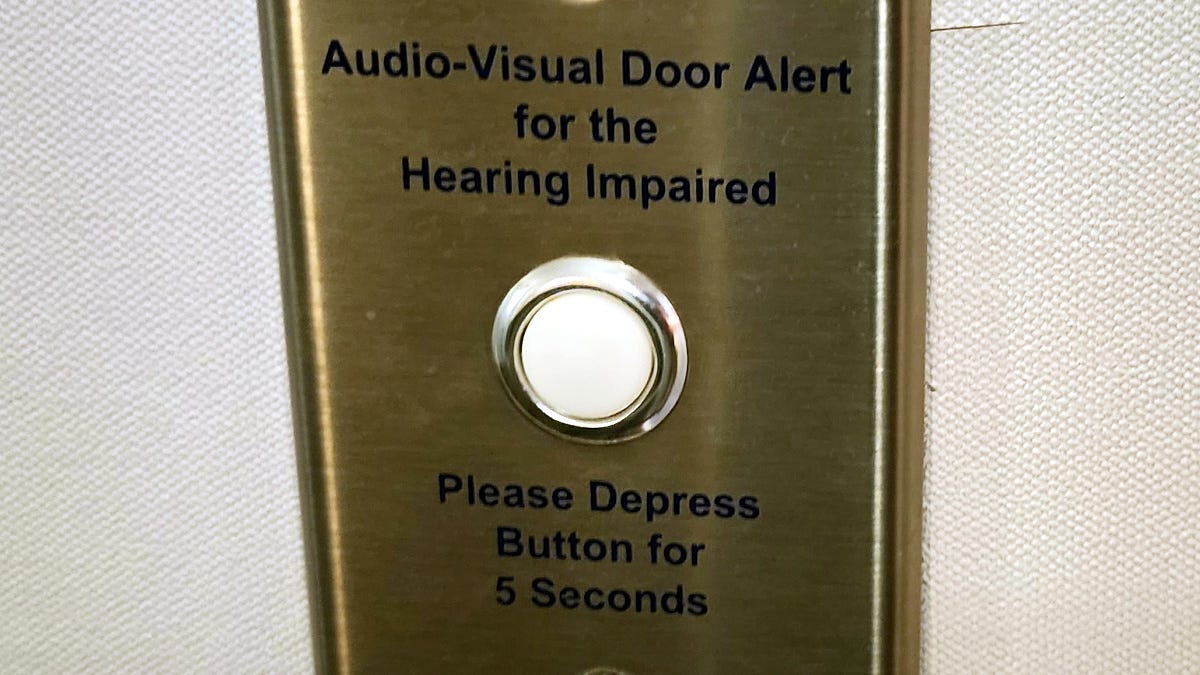Hear ye, hear ye
On high school, hearing aids, and the Apple software update that should get everyone excited
Apple is about to update its software to permit certain versions of AirPods to act as over-the-counter hearing aids. The FDA started allowing over-the-counter sales of hearing aids two years ago, and this is the first time they've approved a non-dedicated device to act as a hearing aid using software.
■ We shouldn't underestimate just how useful steps like this can turn out to be. For example, the history of education for children who are deaf or hard of hearing is chock-full of very big struggles to obtain seemingly small accommodations. But today nothing would seem out of place about a teenager wearing AirPods -- and if this development makes the difference to some high-school freshman who might otherwise not be able to afford prescription hearing aids, or who might be self-conscious about wearing them, then it all accrues to the good.
■ All too often, the public perceives accommodations as things we do "for the handicapped". But the reality is that almost all accommodations end up helping some "normal" people all of the time, and almost all of the public some of the time. The same ramp that makes it easier for a paraplegic to get in and out of a building also helps the former marathoner with worn-out knees, as well as the kid who twisted her ankle playing soccer.
■ Likewise, closed captioning, which wasn't even introduced for live programming until 1982, was originally "for the hearing-impaired". But now it would seem out of place to see a TV without captioning activated in a crowded bar or another public place -- locations where even people with abnormally good hearing benefit from the accommodation. And captioning can help many children learn to read.
■ The arrival of hybrid earbuds and hearing aids may not seem like much, but it's exactly the sort of modest, incremental progress that ends up looking much more significant in the rear-view mirror than it looks in advance.



